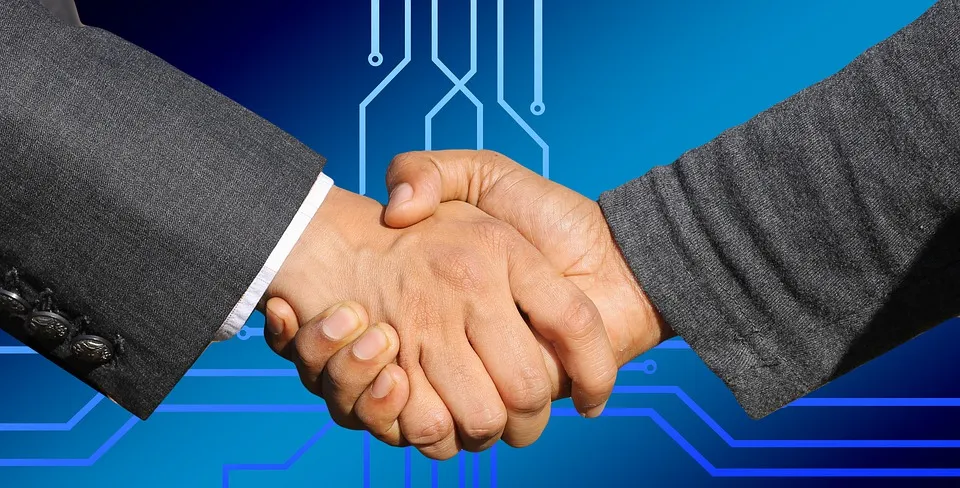Smart contracts are not really contracts as we know them in the traditional sense. They are computer protocols that carry instructions that deal with blockchains. These instructions are based on a number of data conditions that are usually detected within the blockchain.
Let us look at a transaction that involves transfer of property like a house. The following need to take place during the sale.
- The buyer pays the down payment as agreed.
- If the buyer took a loan then the mortgage company pays the remaining amount.
- Purchase funds will be used to clear standing charges like taxes due.
- Upon payment of standing charges, the balance is transferred to the seller.
- New liens like the buyer's mortgage are then added to the house.
- There is transfer of ownership to the buyer.

A new house costs about $500,000 in the US. These amount is significant hence parties tend to involve a third party like a lawyer to handle paperwork and have the amount held in escrow so as to ensure the transaction is completed.
This is where smart contracts come in. For starters, the relevant data will need to be kept in one blockchain. A central system with lien and property records will need to exist. The system will also need to have the ability to transfer funds in cryptocurrency form.
Assuming all these are in place, a smart contract will then be written to monitor the data stated above. The following steps need to be taken to complete the deal.
- Both parties need to agree,incorporate and sign the terms into the smart contract which will then write them into the blockchain.
- The first payment is then transferred into the escrow account of the smart contract by the buyer. The transaction will then be written on the blockchain by the smart contract.
- The lending company transfers the remaining amount to the smart contract's escrow which notes the transfer and updates balances.
At this moment the smart contract can monitor to see whether the terms of payment and sale are being satisfied. It then initiates the processing of the transaction items that are remaining. - The smart contracts then settles liens and updates the balances. It also records the transaction in the blockchain.
- The smart contract then transfers the title of the house to the new owner.
This scenario shows how lawyers can be dispensed in regular transactions. However, property records need to undergo massive developments to even permit such a scenario. Technology and structural challenges like streamlining of public records and institutions are the biggest impediments to this scenario. Other questions such as who will develop the smart contracts also need to be answered before we can get here but progress is being made and we will get here sooner or later.
Source: https://abovethelaw.com/2018/02/blockchain-can-smart-contracts-replace-lawyers